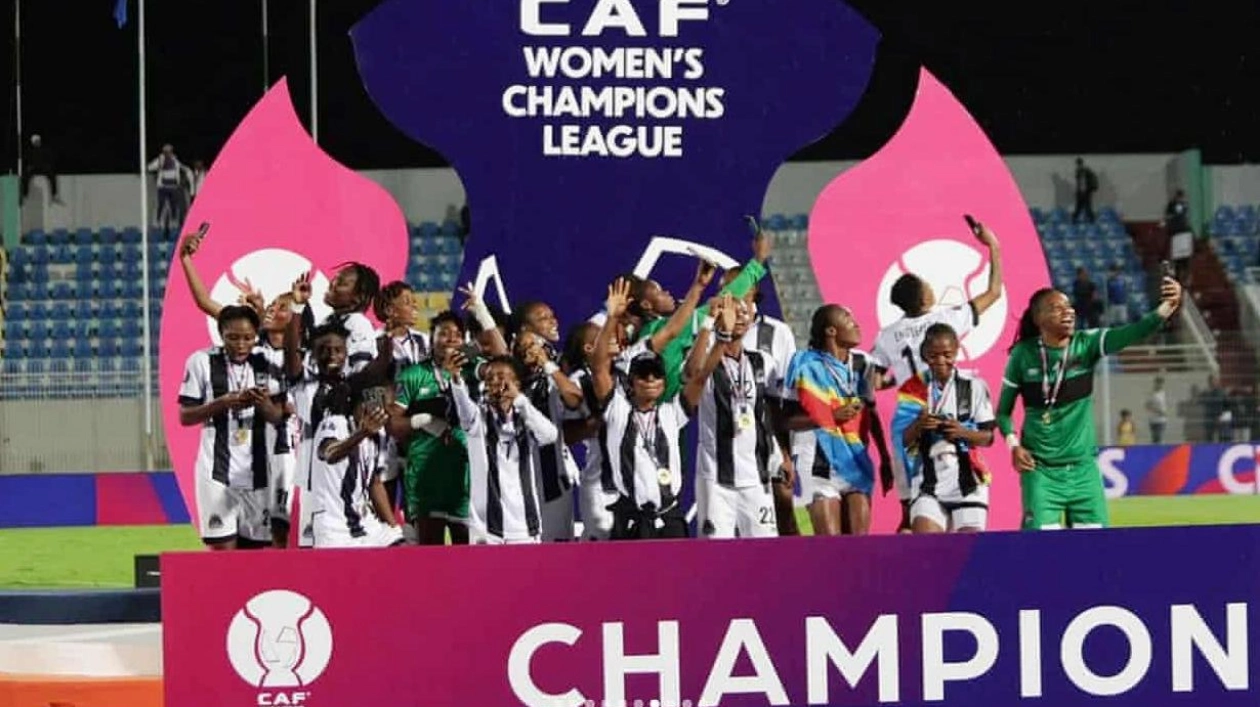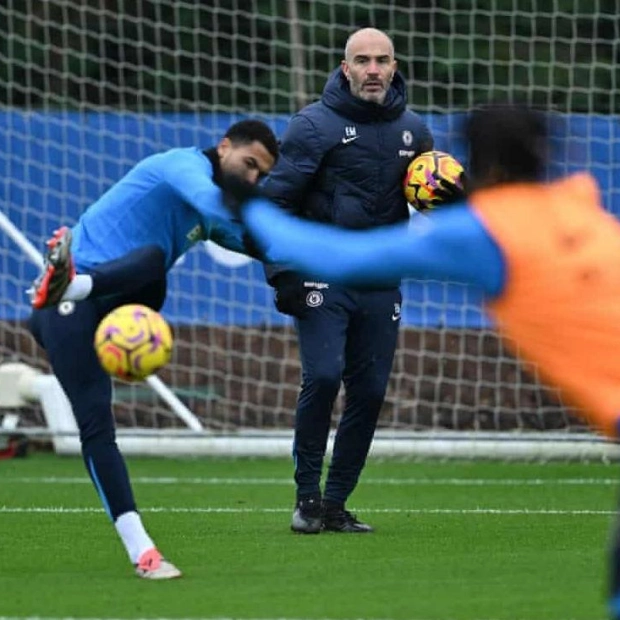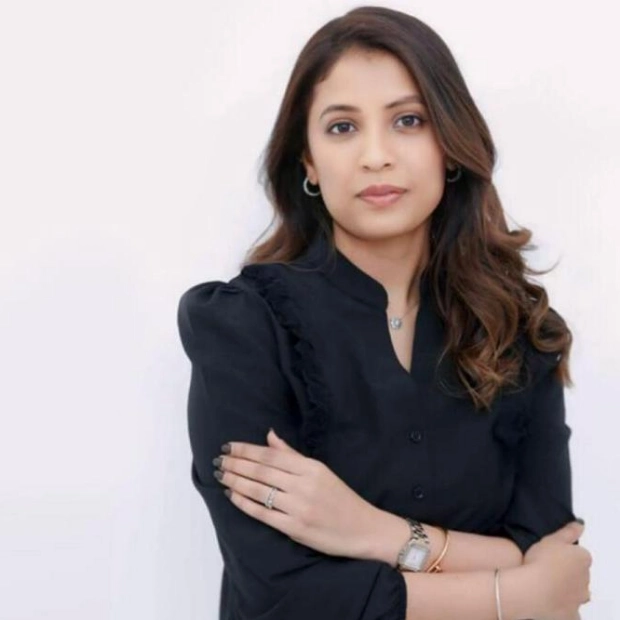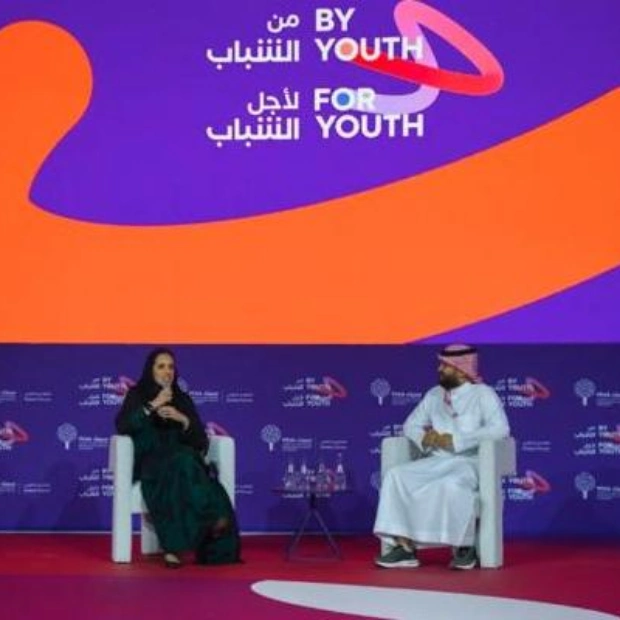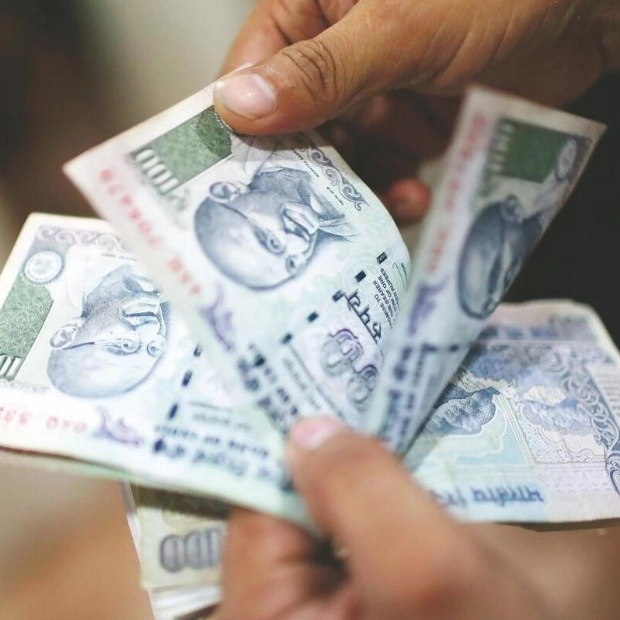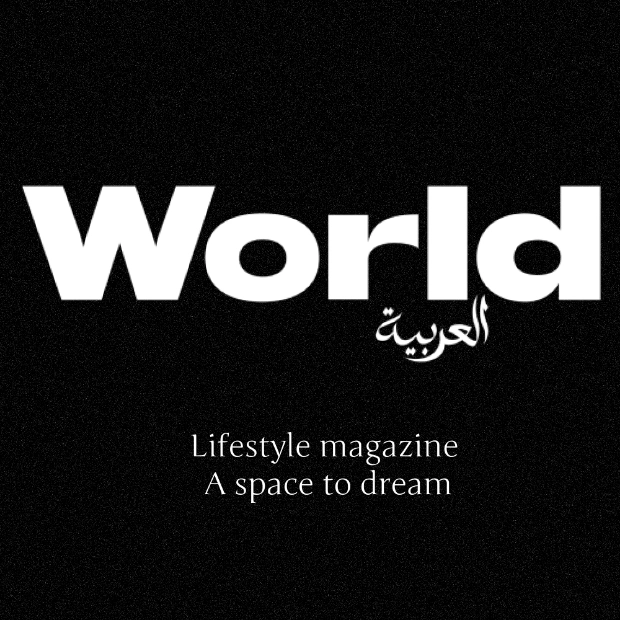This was definitely not what I had anticipated. As the fourth edition of the CAF Women’s Champions League approached, it was widely expected that Mamelodi Sundowns of South Africa or the Moroccan hosts, Asfar Rabat, would either retain or reclaim the continental title. Together, they had won all three previous editions of Africa’s premier women’s club competition. However, it was TP Mazembe, a Congolese club established just four years ago, that emerged victorious with a 1-0 win in El Jadida. Despite Asfar Rabat having previously defeated Mazembe 3-1 in the group stage, the 15,000 Moroccan fans were left disappointed as Marlène Kasaj’s 10th-minute penalty, following a VAR intervention, silenced the crowd. In front of Morocco’s head coach, Jorge Vilda, who was recently sacked by Spain after a controversial incident involving Luis Rubiales and Jenni Hermoso, Asfar failed to mount a serious threat against Mazembe, who comfortably secured their victory.
The tournament’s top scorer and breakout star, Doha El Madani, came close with a free-kick that narrowly missed the post, but it was Mazembe who posed the greater threat on the day, effectively neutralizing their usually high-scoring opponents. This tournament has encapsulated the brilliance of women’s football in Africa while also shedding light on some of the challenges faced on the continent. Despite a cautious final, the tournament was filled with surprises and excitement. Sundowns’ elimination in the group stage was a major shock, especially given their squad of 11 South African internationals. They suffered an unexpected 1-0 defeat to Egyptian debutants Masar and then conceded two goals in stoppage time to Nigerian side Edo Queens, finishing third in their group.
In the semi-finals, Edo Queens were on the verge of a 1-0 victory against Mazembe but conceded a 90th-minute equalizer, eventually losing in extra time. Similarly, Masar thought they had equalized against Asfar in the 95th minute with a penalty that was initially saved but retaken due to VAR intervention. However, they conceded again just a minute later. Despite the entertaining football, the tournament struggled to attract significant interest, with most games drawing only a few thousand fans. Unlike the previous tournament hosted by Morocco, Asfar’s games in El Jadida, 100 miles south of the capital Rabat, struggled to attract fans until the final.
Mazembe’s victory and the $600,000 (£477,000) in winnings represent a significant step forward for the tournament and women’s club football in Africa. The tournament, which features eight teams from regional qualifiers competing over two weeks at a single location, has been dominated by Asfar and Sundowns, who have benefited from a level of investment not seen elsewhere on the continent. However, with Mazembe’s success, it is clear that these two sides no longer stand alone at the top. Mazembe, like many other clubs across the continent, are historical giants in men’s football but have only recently begun investing in their women’s teams. This new investment is partly due to a CAF ruling that requires men’s clubs participating in continental football to also field a women’s side.
Major men’s clubs such as Al Ahly in Egypt, Wydad and Raja in Morocco, Asec Mimosa in Ivory Coast, and Tanzanian clubs Simba and Yanga are all professionalizing their women’s teams, putting pressure on CAF to expand the tournament to 12 teams like the Wafcon. However, CAF is resistant to this idea due to the challenges of hosting the tournament. With travel on the continent being expensive and often inaccessible, a European-style season-long tournament is not feasible. Additionally, few countries are willing to host women’s football tournaments due to the lack of sponsorship revenue compared to the men’s game.
Morocco hosted this edition and will also host the 2025 Wafcon, but only after CAF failed to convince any other country to step up. Morocco is keen to continue investing in women’s football and has seen the benefits both on and off the pitch. By hosting these tournaments, Morocco is also positioning itself favorably with CAF and FIFA, potentially paving the way for involvement in future competitions such as the 2030 men’s World Cup.
Source link: https://www.theguardian.com
